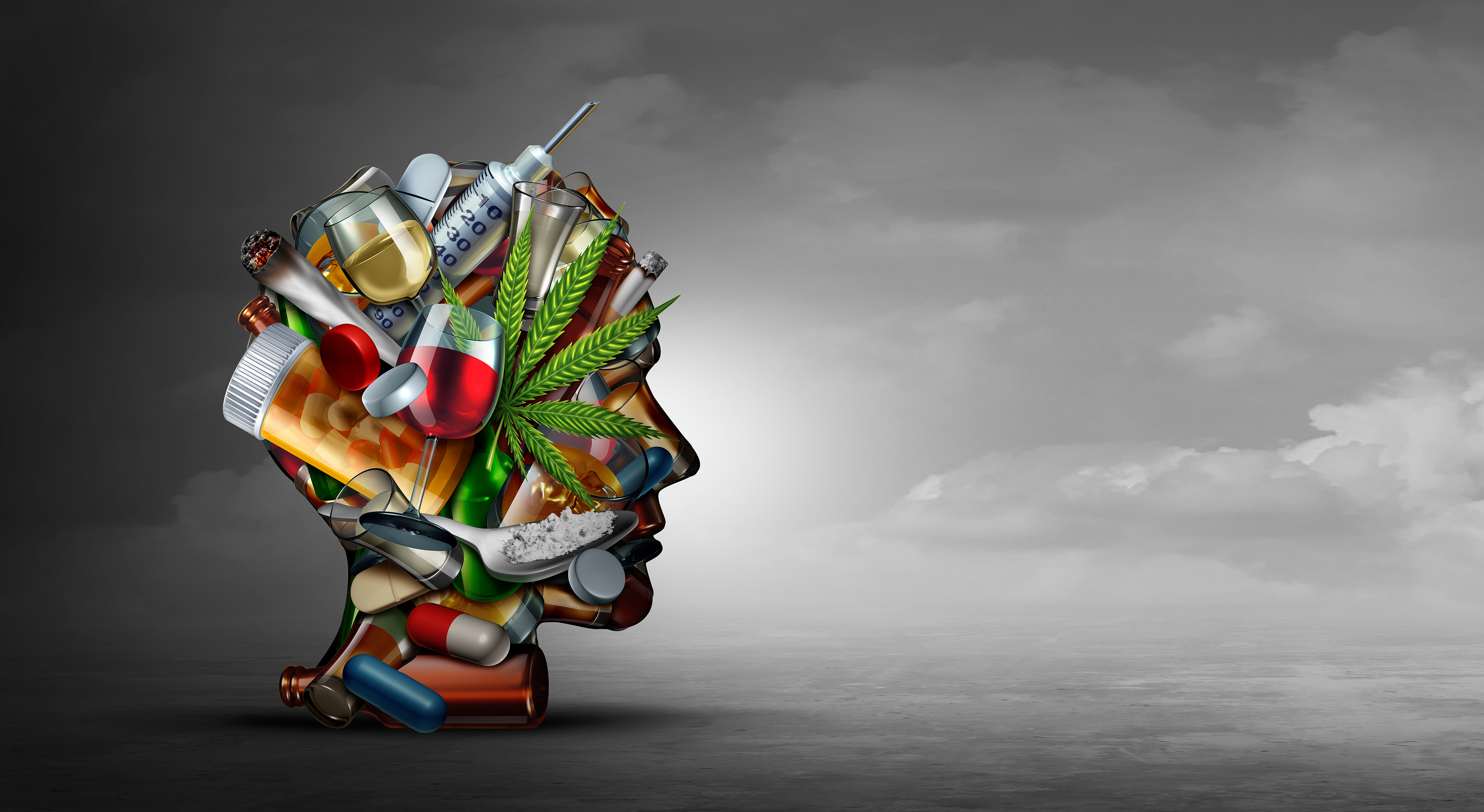Addiction comes in many forms — from drugs and alcohol to food and gambling. But something all addictions have in common is that they’re extremely damaging to our lives, and yet we can always find ways to justify continuing down the path of addiction. How do we do that? By lying to ourselves. Here are some of the most detrimental falsehoods you’ll find surrounding addiction.
My addiction enriches my life. Junk food, bourbon, cocaine — whatever your vice, you likely use it because it gives you a rush. It makes you feel good. Maybe you drink to feel more sociable or smoke weed to unwind. So it’s easy to convince yourself that your addiction makes your life better. But you couldn’t be further from the truth. The deeper you fall into addiction, the more it erases the essence of who you are. Over time, it becomes increasingly difficult to participate in life’s full emotional spectrum. Your senses are dulled, your health and happiness fade. Your addiction becomes the most important thing in your life, sapping your energy, and everything else starts to fade away. You’ll always have that moment of instant gratification that keeps you coming back, but it will become ever harder to find peace when you’re not using.
I’m just like everyone else. Our culture has done a disturbing job of normalizing addiction, which is hugely detrimental both to individuals and society as a whole. Getting drunk, using drugs casually, and “treating yourself” are seen by many as completely fun and acceptable diversions. But for those who are susceptible to addiction, it’s a dangerous, slippery slope. Never compare your behavior to others’, because you can never know the depths of their own addiction.
It’s not in my DNA. The whole nature vs. nurture debate still doesn’t have a clear answer in the realm of addiction, but it’s clear that our genetic makeup does play some role in our propensity for addiction — and pretending otherwise is a potentially lethal mistake. I myself come from a family of alcoholics, and I knew I had a drinking problem from the first time I had a drink. If you’re prone to being chemically dependent, you’re very likely to end up with a substance abuse problem, especially if you start young.
Someone else can help me quit. You may know that your addiction is getting out of hand, but there’s someone in your life that you think will make it better when the time comes. Someone who believes in you, prays for you, who will counsel you, maybe help you get into a good program. But the fact is, they can’t help you unless you really and truly want to be helped. You won’t stop until you decide to stop, and no one else in the world can make that decision for you. And once you’re sober? Then only you can deal with the issues that drove you to addiction in the first place. Only then will you find yourself on the true road to recovery.
